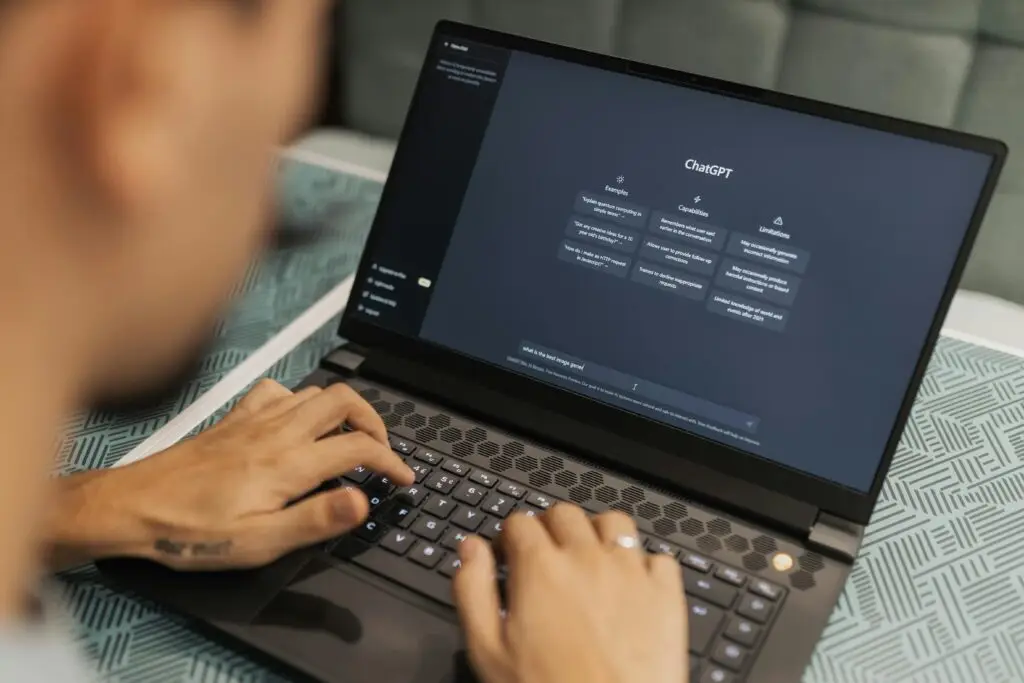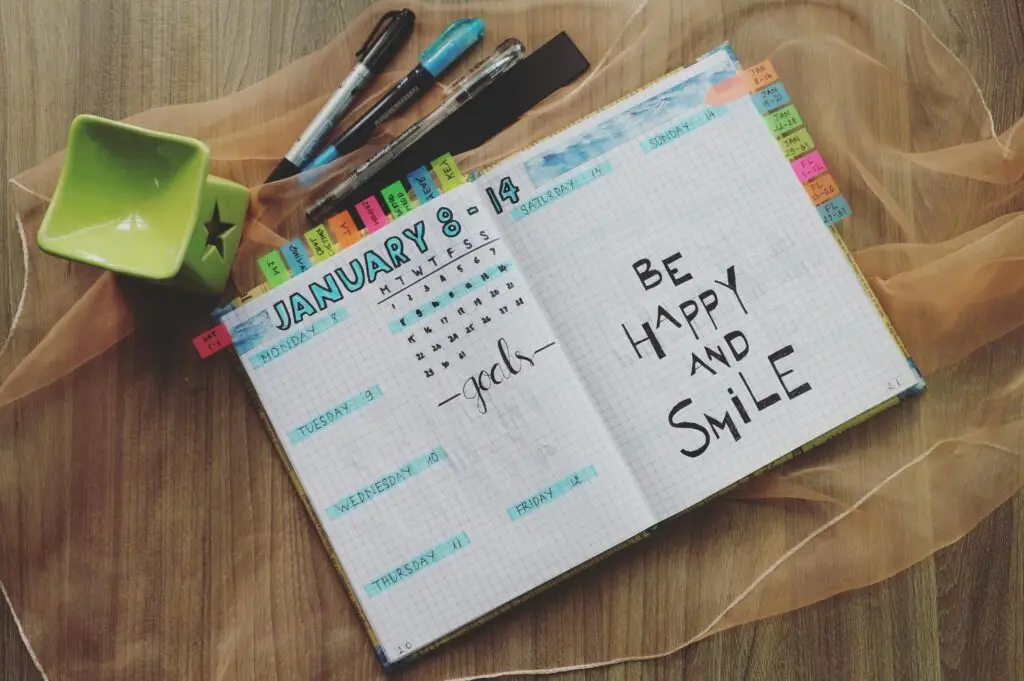Why I Gave ChatGPT a Shot as a Study Tool
It’s 1 a.m., and I’m trying to power through some notes for an exam the next morning. It’s slow. It’s boring. My brain’s fried, and I keep reaching for my phone. Then a thought hits me — What if I tried using ChatGPT? A few of my friends had mentioned it helped them get work done. So, I figured, why not?
I gave it a shot. And to be honest, it worked better than I expected. I didn’t just survive the exam — I did really well.
Studying is rarely fun. Time is short, focus is hard, and motivation comes and goes. I wasn’t trying to cheat. I just wanted to make the process easier. Now, I use ChatGPT not only for studying but to plan my days, get help with work tasks, and stay organized overall.
Hi, my name is Ali, and I’m currently a fourth-year university student with a cumulative GPA of 4.16 out of 4.30. This post isn’t a tutorial or guide. It’s just an honest breakdown of what’s worked for me and what hasn’t. These are real student experiences, not tech hype.

What ChatGPT Helped Me With Most
📚 Explaining Complex Concepts Simply
The simplest and most helpful thing I’ve used ChatGPT for is breaking down complicated textbook ideas into something I could actually understand.
I’d ask it to explain a theory “like I’m five” — and surprisingly, that worked. It’s also helpful to start prompts with something like:
“You are an expert in [subject]. Explain [topic] to someone who knows nothing.”
It’s not perfect, but when your brain is fried and you just need a clean explanation, it’s a lifesaver.
📄 Turning My Notes into Something Useful
I often upload my class notes or lecture slides and ask ChatGPT to summarize them or pull out the key takeaways.
When you’re in cram mode, this can save serious time. Just know that ChatGPT isn’t always perfect — sometimes it skips over important bits. Still, it’s a great way to get a quick starting point if you’re overwhelmed.
🎯 Making Practice Questions to Test Myself
Here’s something underrated: ChatGPT can generate mock tests based on your notes.
If I already had a past test from the same course, I’d paste it into ChatGPT so it could learn my professor’s question style. Then, I’d ask for a new set of similar questions.
Even if some of the questions were basic, it gave me enough material for active recall — which is one of the best ways to study smarter.
👉 Pro tip: Always ask it to include the answers at the bottom.
🧠 Study Planning When I Was Overwhelmed
If you’re juggling work and school like I am, finding time to study can feel impossible.
So I’d give ChatGPT my weekly schedule (sometimes even just typing out my work shifts, sleep times, etc.) and ask it to build me a study plan. I’d say:
“I have an exam in 4 days. These are the topics. This is my schedule. Help me make a study plan.”
Even better, you can ask it to prioritize topics based on importance. If I had too much to cover and not enough time, I’d ask it to help me skip the fluff and focus on what mattered most. This alone has saved me during exam season.

💬 Motivation During Low-Energy Moments
Okay, don’t laugh — but I’ve used ChatGPT as a motivational coach too.
When I’m burnt out, I’ll literally type:
“I’m feeling overwhelmed and unmotivated. Help me get back on track.”
And somehow, it works. ChatGPT turns into this oddly supportive, judgment-free coach who just gets it.
It’s not magical, but when no one else is around to pep you up, it helps more than you’d think. Try it when you’re stuck — you might be surprised. 😅
Where It Totally Missed the Mark
⚠️ Giving Wrong or Oversimplified Info
This is the biggest downside, especially with more advanced subjects. And by advanced subjects, I typically mean around 2nd or 3rd year university courses and above.
When I tried using it for courses like taxation, accounting, or anything in the sciences, ChatGPT often gave wrong or oversimplified answers. The dangerous part? It presents them so confidently that you might not even question them.
I learned the hard way. Always double-check, especially if the topic is technical or you’re being graded on precision.
🧾 Struggled With Assignments & Formats
In essay-based courses like history, philosophy, or religion, ChatGPT tends to give vague and surface-level answers. It also struggles with formatting essays, referencing sources, or writing anything that needs nuance.
It’s best used for brainstorming, not completing full assignments.
⏱️ Made It Easy to Procrastinate “Productively”
This one’s sneaky.
There were times I spent 30 minutes typing fancy prompts into ChatGPT, convincing myself I was “studying” — when really, I was avoiding the actual work.
It’s easy to fall into the trap of preparing to study instead of actually doing it. It can give you the illusion of being productive, while you have gotten zero work done. Just something to watch out for.
The Best Ways to Use It (That I’d Recommend)
✅ Think of It as a Study Partner, Not a Shortcut
Use ChatGPT to guide your thinking, not replace it. It’s like a smart friend — great for discussion, but not someone you want doing your homework. It should be used as a source or guide for brainstorming, testing understanding, and even organizing thoughts. It is not meant to replace actual study, just make it more manageable.
✅ Always Double-Check the Output
Seriously — it can sound convincing even when it’s wrong. Use it alongside your textbooks, notes, or Google. Cross-check everything. You can never be too safe to ensure that the information you are being fed is actually correct. Remember, ChatGPT is only as helpful as you are critical.
✅ Combine It With Other Study Tools
ChatGPT works best when combined with other tools like:
- Flashcards (like Anki or Quizlet)
- Notion setups
- Your own summaries or checklists
Use it to enhance your system — not build one from scratch.
Some Go-To Prompts That Actually Worked
🧠 “Explain [topic] like I’m a 10-year-old who’s never heard of it before.”
📆 “Here’s my schedule. My exam is 9 days away. Create a realistic, non-overwhelming study plan for [subject].”
📝 “Make me a mock test with MCQs based on [topic]. Include answers at the bottom.”
📚 “Turn these notes into key revision points I can use to review tomorrow.”
📧 “Help me write a professional but apologetic email to my professor asking for an extension. Make it sound like I’m really eager to get my assisngment done.”
🗣️ “Motivate me to stop procrastinating — no toxic positivity, just real talk.”
The Frustrating Moments That Taught Me More
❗ When It Felt Easier to Ask Than Think
It’s tempting to use ChatGPT for everything — even the stuff you already know how to do. But that can hurt your long-term memory and problem-solving skills.
Now, I try to pause. I ask myself: Do I actually need help here? Or am I avoiding the hard part?
❗ The Guilt of Relying Too Much on a Tool
I have personally struggled to deal with the fine line between getting help and letting something else do the thinking for me. Assistance is not the same as having something or someone do the thing for you; that way, you won’t learn anything or grow.
I’ve had to check myself a few times. It’s not about being perfect — it’s about using the tools responsibly and learning as I go.
How It’s Changed the Way I Study
Using ChatGPT helped me figure out how I learn best.
I realized I don’t benefit much from taking notes, so I stopped — and guess what? My retention actually improved.
Now, I rely more on fast summaries, active recall, and spaced repetition. ChatGPT helped me structure my study blocks and clarify topics I’d otherwise spend hours on.
No extra apps or steps. Just better habits.

Final Thoughts: Should You Use ChatGPT to Study?
Yes — but don’t use it to cheat the system. Use it to learn how you learn.
ChatGPT is best when it supports your process, not replaces it. It’s like a tutor who’s always available, always patient — but not always right.
You’re still the learner. ChatGPT’s just another tool in your kit.
And if you use it right?
It might just help you study smarter — not harder.
PS – If this post hit home or you’ve tried it yourself, shoot me a message — I’d love to hear how it worked for you.


Pingback: How I Studied for 5 Exams in 7 Days Without Burning Out - Ali Sheikh